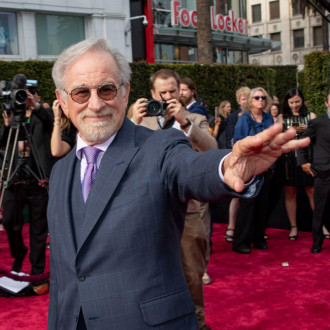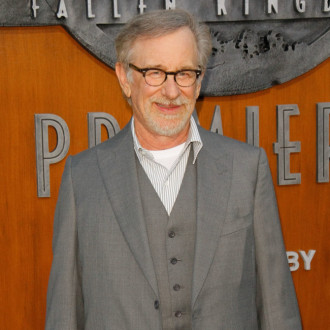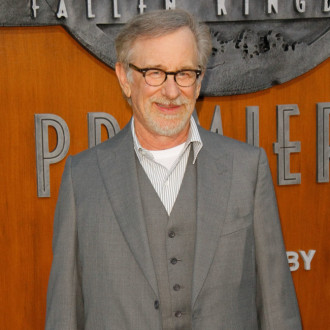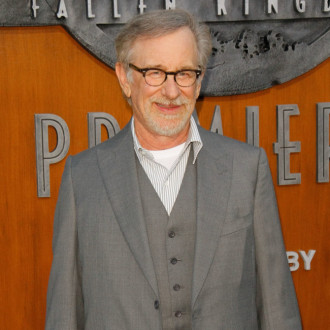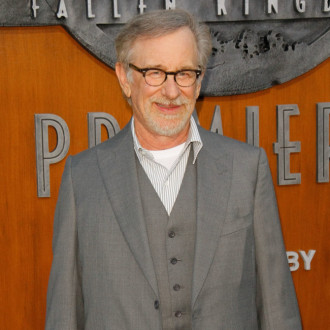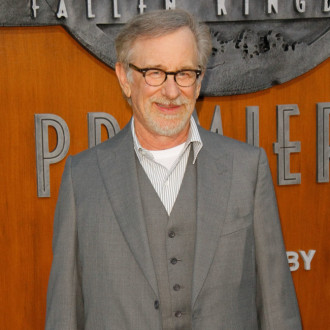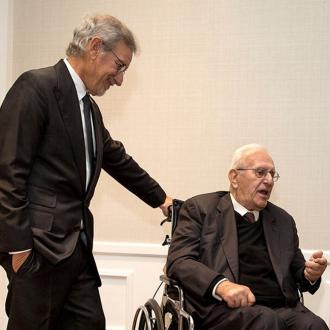From The Very Hungry Caterpillar To Peter Rabbit: Children's Books That Ought To Follow 'The BFG'
By Holly Williams in Books / Authors on 10 December 2015
Here's a few more children's classics that ought to be adapted.
We are really being brought back to our childhoods with cinema at the moment; Steven Spielberg's 'The BFG' is only the latest popular children's story to be adapted as a live action big screen flick, following in the footsteps of such Roald Dahl classics as 'The Witches', 'Matilda' and 'Charlie and the Chocolate Factory'.
 'The BFG' is coming in 2016
'The BFG' is coming in 2016
The coming months will see further book-to-screen adaptations; 'Alice in Wonderland: Through the Looking Glass', 'The Little Prince' and even a Disney take on 'The Call of the Wild'. But what other children's classics ought to be re-visited on the big screen? We can think of a few stories that a relevant enough for today's kids...
Watch the trailer for 'The BFG'
Book: The Very Hungry Caterpillar
Author: Eric Carle
What it's about: A caterpillar with an insatiable appetite, who eats until its sick before cocooning and transforming into a beautiful butterfly.
Why it's important: It's educational! Of course, it could send the wrong message given the rise in childhood obesity (eating your way through that much food isn't going to turn you into a butterfly, kids!), but it still remains to be one of the most famous children's books in history.
Book: The Twits
Author: Roald Dahl
What it's about: A horrible, hideous couple who hate each other and abuse their family of Muggle-Wumps (pet monkeys, essentially). They soon receive their comeuppance when the monkeys prank them and escape.
Why it's important: It could finally end the world's ridiculous obsession with hipster beards! But more than that, it is a story very much against animal cruelty. That's something all children should be taught; beards don't look good on everyone and don't be cruel to animals.
Book: The Tiger Who Came To Tea
Author: Judith Kerr
What it's about: A tiger joins a little girl and her mother for tea, but eats and drinks everything in sight before leaving. The next day, they buy a lot of tiger food anticipating his return, but he never comes back.
Why it's important: It teaches that kindness isn't always reciprocated, but that doesn't mean you should stop being kind. Also, in a more direct context, it reflects Kerr's experience in Nazi Germany, with the constant expectation that someone would come and take everything away from her family.
Book: Green Eggs And Ham
Author: Dr. Seuss
What it's about: A character pesters the narrator to try green eggs and ham which the latter insists he doesn't like. Eventually he gives in, and discovers that he does in fact like the dish.
Why it's important: It teaches children that they shouldn't reject food that they have never tried, and teaches parents that they should never stop trying to persuade them to.
Book: Rainbow Fish
Author: Marcus Pfister
What it's about: A fish with beautiful multi-coloured scales who refuses to share them with anybody and thus finds himself without any friends. He does, however, eventually share his beauty with others and discovers the joys of generosity.
Why it's important: It's all about sharing - which is one of the most important lessons we can teach our children.
Book: The Famous Five
Author: Enid Blyton
What it's about: It's actually a series of books describing the adventures of a group of young children during their summer holidays; sometimes, events take a rather dangerous turn.
Why it's important: Anything that encourages children to play outside is important in this day and age, but the various stories can serve as everything from a warning of the dangers around them in their everyday life and a lesson in solving puzzles.
Book: The Tale of Peter Rabbit
Author: Beatrix Potter
What it's about: A young rabbit enters a human neighbour's garden against his mother's warnings, and proceeds to eat too many vegetables and almost gets caught several times before getting himself lost.
Why it's important: It's a good story to tell children in order to express the importance of doing as they are told by their parents for their own safety.
Contactmusic
Movies and Trailers

Ready Player One Trailer
It’s the year 2045 and the only way to survive on Earth is to escape...
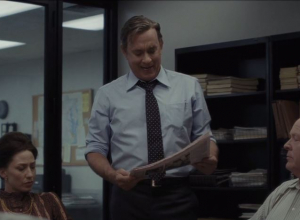
The Post Trailer
At a time when there's so much incertainty in the US political climate, a film...
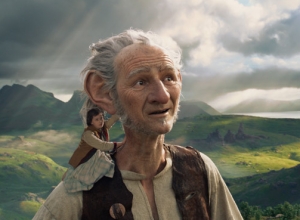
The BFG Movie Review
For his adaptation of the Roald Dahl classic, Steven Spielberg reunited with screenwriter Melissa Mathison,...
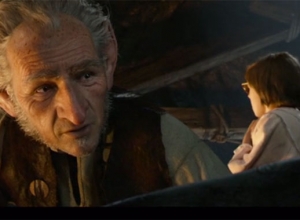
The BFG Extended - Trailer
One of Roald Dahl's most popular children's novels The BFG is once again going to...
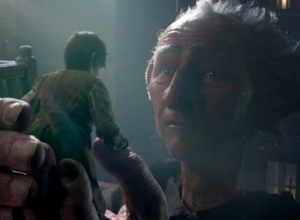
The BFG Trailer
Sophie and the other girls at Mrs. Clonkers orphanage share a big sleeping dorm and...
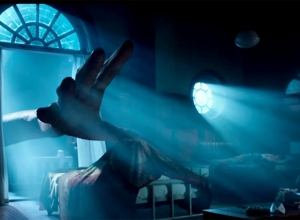
The BFG - Teaser Trailer
Sophie has spent her life alone. She lives in an orphanage full of girls just...
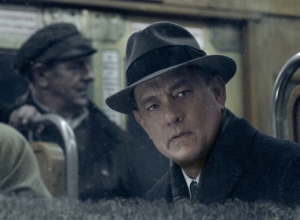
Bridge of Spies Movie Review
Steven Spielberg takes on the Cold War with a stately, sentimental thriller that gurgles along...
Advertisement
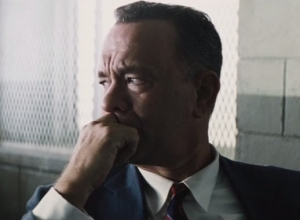
Bridge Of Spies Trailer
It's the height of the Cold War and things are getting tense between Russia and...
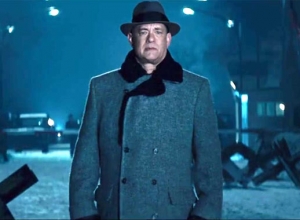
Bridge Of Spies - International Trailer
James Donovan is a simple insurance lawyer from Brooklyn, New York whose cases have never...
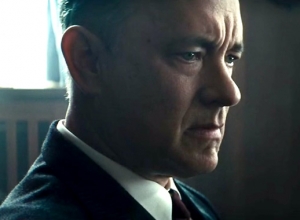
Bridge Of Spies - US Trailer
In 1960, the hard work of many good people was tested greatly. The height of...
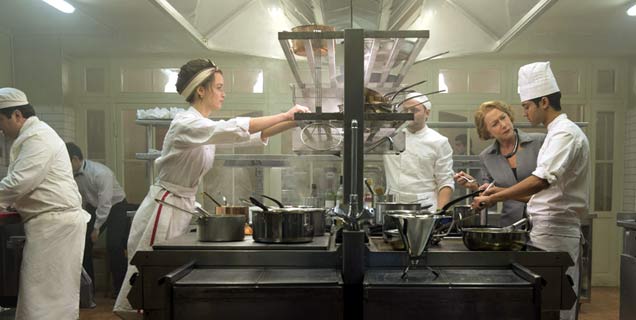
The Hundred-Foot Journey Movie Review
A relentlessly smiley-glowy tone threatens to undo this film at every turn, but it's just...

Milius Movie Review
A biography of iconic filmmaker John Milius, this engaging documentary features some of the biggest...
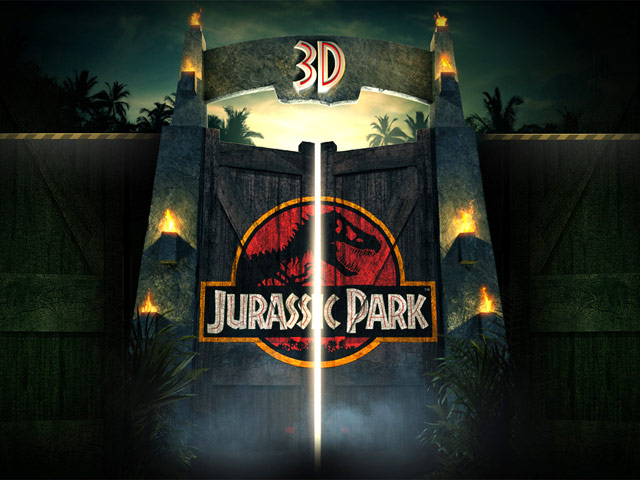
Jurassic Park 3D Trailer
When John Hammond of genetic engineering company InGen manages to clone dinosaurs from prehistoric DNA...

Lincoln Movie Review
A historic epic from Steven Spielberg carries a lot of baggage, but he surprises us...
Advertisement
